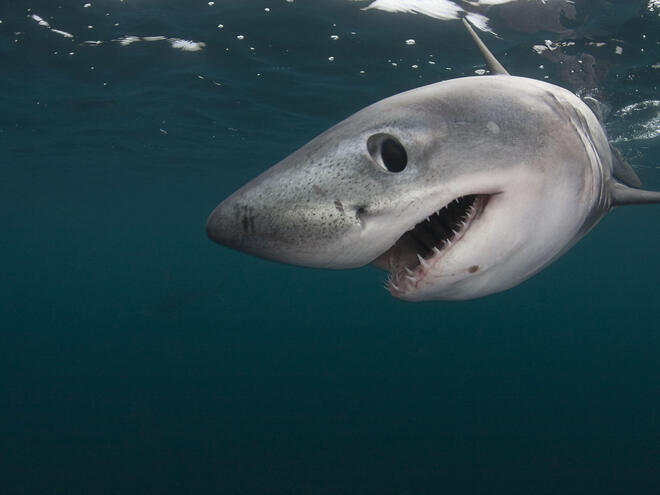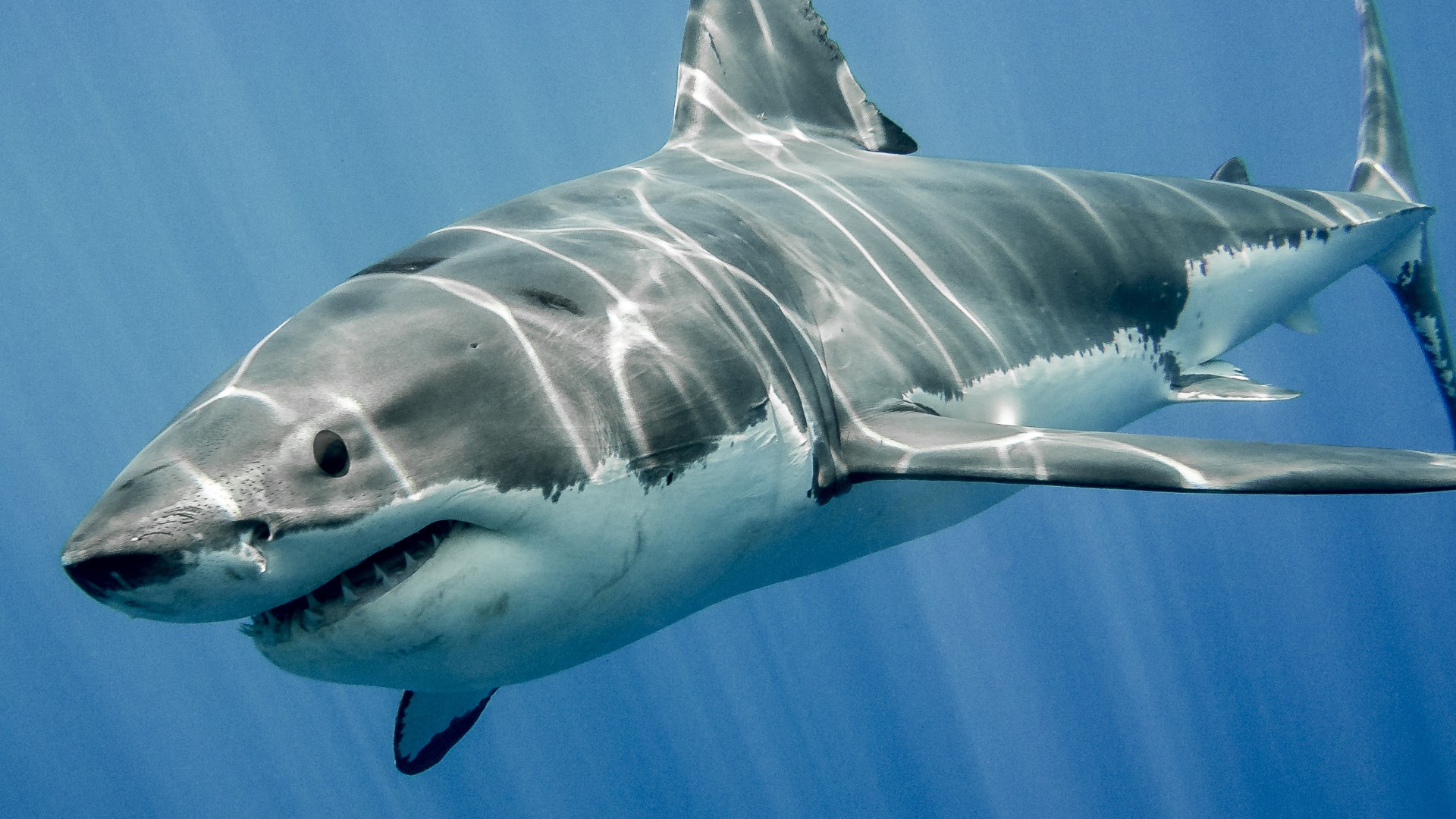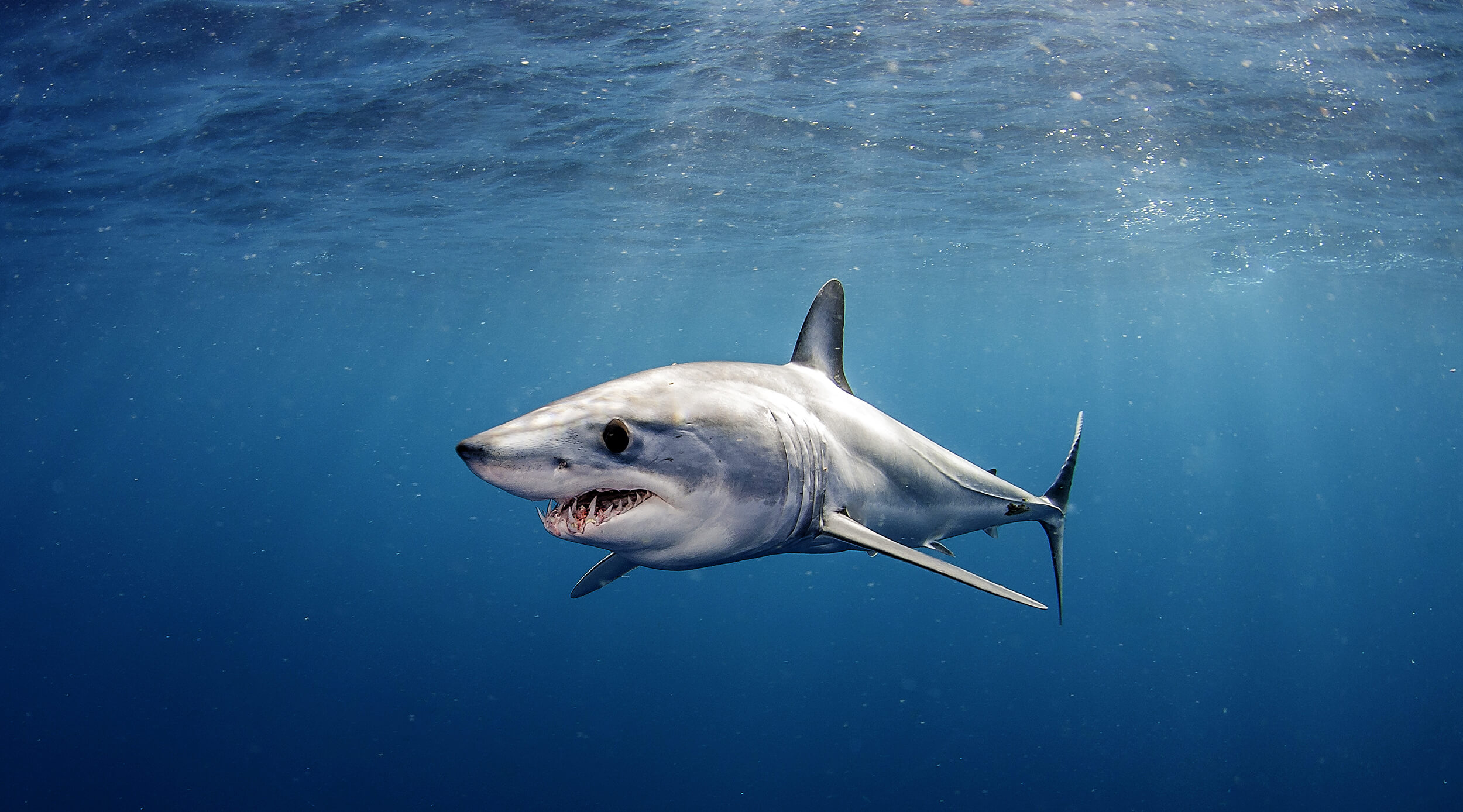Table of Contents
- When is Shark week? | wcnc.com
- Why Shark Conservation Matters | Earth.Org
- Blog — Shark Research Institute
- Why You Need Shark Habits in Your Life - Early To Rise
- SHARK - www.qisforquilter.com
- Shark Alliance
- SHARK - www.qisforquilter.com
- Shark Week Homeschool Unit Study | Homeschool .com
- Our shark diving tours are not only fun, theyre educational! We take ...
- Shark | The Biggest Animals Kingdom

Sharks have long been a subject of fascination and fear for humans. These magnificent creatures have been ruling the oceans for over 400 million years, with their incredible diversity and adaptability. In this article, we will delve into the world of sharks, exploring their fascinating facts, diet, and habitat information, providing you with a comprehensive understanding of these marine animals.


Introduction to Sharks

Sharks belong to the class Chondrichthyes, which also includes rays and skates. There are over 500 species of sharks, ranging in size, shape, and behavior. From the small dwarf lanternshark to the massive whale shark, these fish have evolved to occupy almost every corner of the ocean. Sharks play a vital role in maintaining the health of marine ecosystems, serving as both predators and prey for other marine animals.


Fascinating Shark Facts

- Sharks have been on the planet for over 400 million years, long before humans.
- The largest shark, the whale shark, can grow up to 40 feet (12 meters) in length.
- Sharks have a unique skeleton made of cartilage, which is lighter and more flexible than bone.
- Some sharks can swim up to 40 miles (64 kilometers) per hour, making them some of the fastest swimming fish in the ocean.
- Sharks have an incredible sense of smell, with some species able to detect a single drop of blood in 100 liters of water.


Shark Diet and Feeding Habits
Sharks are carnivores, and their diet varies greatly depending on the species. Some sharks are specialized feeders, while others are opportunistic, eating whatever they can find. The diet of sharks includes:
- Fish and squid
- Crustaceans, such as crabs and lobsters
- Marine mammals, such as seals and sea lions
- Plankton and small invertebrates
Some sharks, like the great white shark, are apex predators, feeding on large prey, while others, like the basking shark, feed on plankton and small fish.

Shark Habitat and Distribution
Sharks can be found in all the world's oceans, from the shallow, tropical waters of the coral reef to the deep, cold waters of the abyssal plain. Some species of sharks are migratory, traveling long distances to find food or mate, while others are resident, staying in a specific area their entire lives.
Sharks prefer habitats with:
- Coral reefs, which provide food and shelter
- Coastal areas, with abundant fish and invertebrates
- Open ocean, where they can feed on pelagic fish and squid
- Deep-sea environments, where they can find food and avoid predators
In conclusion, sharks are fascinating creatures that continue to capture our imagination. With their incredible diversity, adaptability, and importance in marine ecosystems, it is essential to learn more about these animals and work towards their conservation. By understanding shark facts, diet, and habitat information, we can appreciate the vital role they play in maintaining the health of our oceans and work towards protecting these magnificent creatures for future generations.
By learning more about sharks and their habitats, we can:
- Promote shark conservation and protect their habitats
- Support sustainable fishing practices and reduce bycatch
- Encourage responsible tourism and shark-related activities
- Continue to research and learn more about these incredible animals
Join us in our mission to protect and conserve sharks and their habitats, ensuring the long-term health of our oceans and the planet.